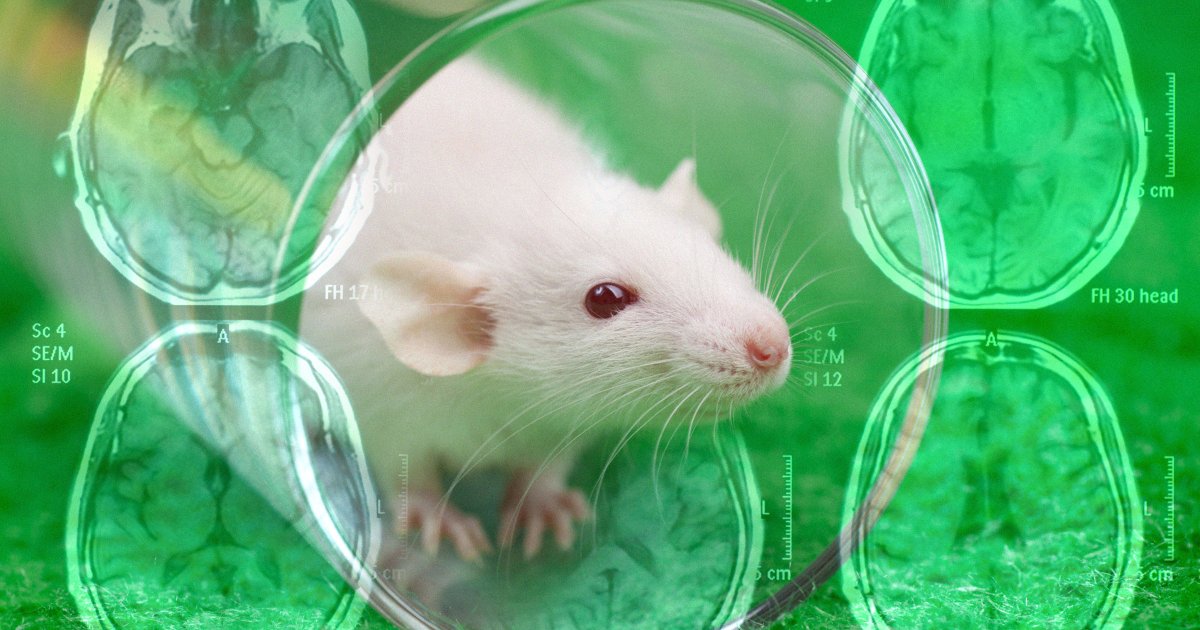
"As detailed in a new paper published in the journal Signal Transduction and Targeted Therapy, the team co-led by the Institute for Bioengineering of Catalonia, Spain (IBEC), and West China Hospital, Sichuan University, developed bioactive "supramolecular drugs" that can proactively repair the blood-brain barrier. The barrier plays an important role in the health of the brain, defending it from harmful substances and other pathogens. Alzheimer's has been linked to a weakening of the barrier's integrity, allowing for impairing toxins to make it through."
"More specifically, the disease causes a "waste" protein, called amyloid-beta, to accumulate in the brain by interrupting its natural clearance system. The team's approach allows these protein molecules to pass through the blood-brain barrier and be eliminated through the bloodstream. In a series of experiments, the team used gene-hacked mice that produce large amounts of the protein and therefore show Alzheimer's-like declines in cognitive function. Administered doses of the supramolecular drugs caused levels of the protein to decline almost immediately in the mice's brains."
Bioactive supramolecular nanoparticles were developed to proactively repair the blood-brain barrier. The blood-brain barrier defends the brain from harmful substances and pathogens, and Alzheimer’s disease is linked to weakening of the barrier’s integrity that allows toxins to penetrate. Alzheimer’s causes amyloid-beta, a waste protein, to accumulate by interrupting natural clearance. The nanoparticle approach enables amyloid-beta molecules to cross the repaired barrier and be eliminated via the bloodstream. In gene-hacked mice that overproduce amyloid-beta and display cognitive decline, administered doses produced almost immediate reductions in brain amyloid-beta, with 50–60 percent decline one hour after injection. The approach offers a promising therapeutic direction.
Read at Futurism
Unable to calculate read time
Collection
[
|
...
]